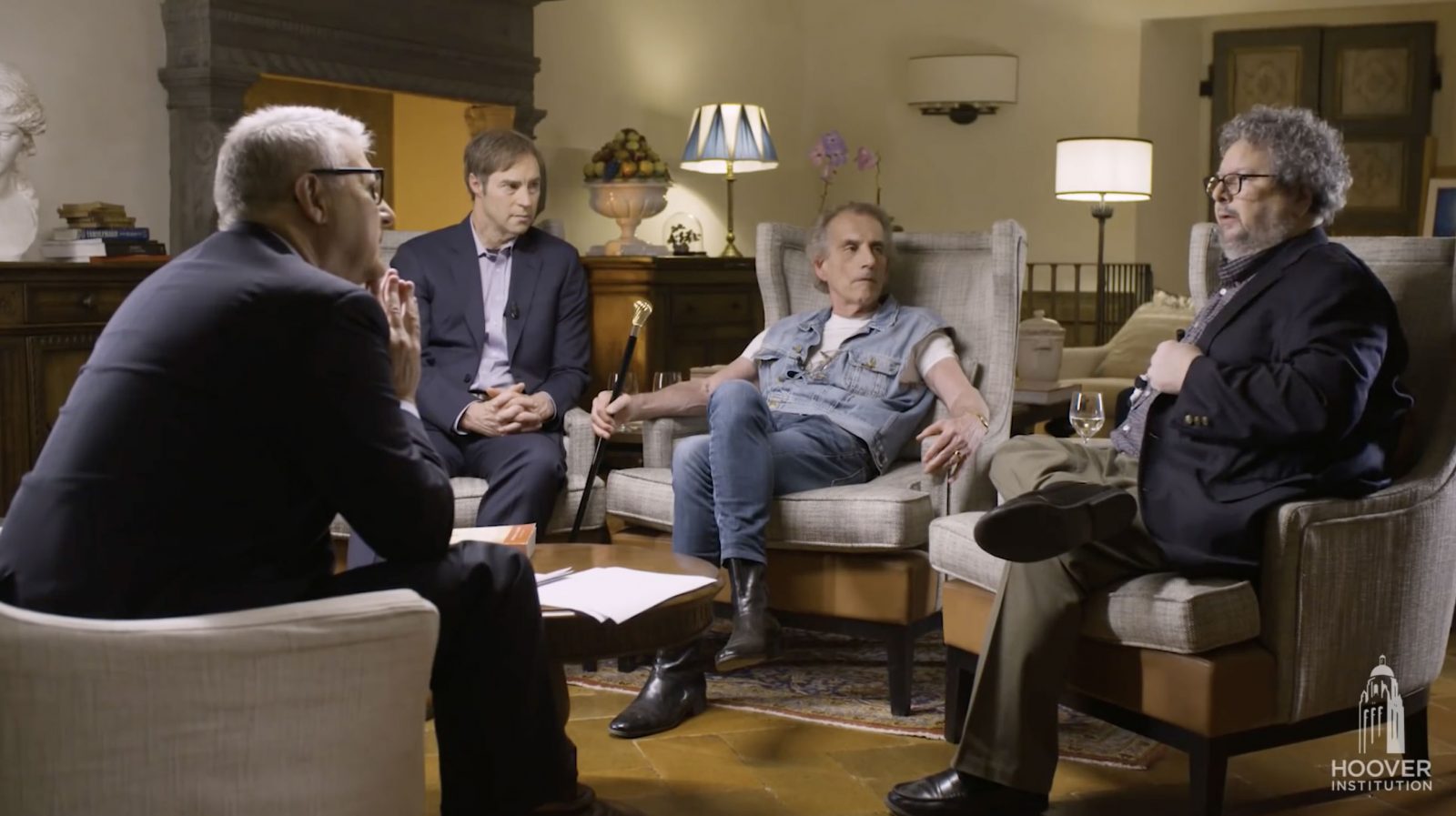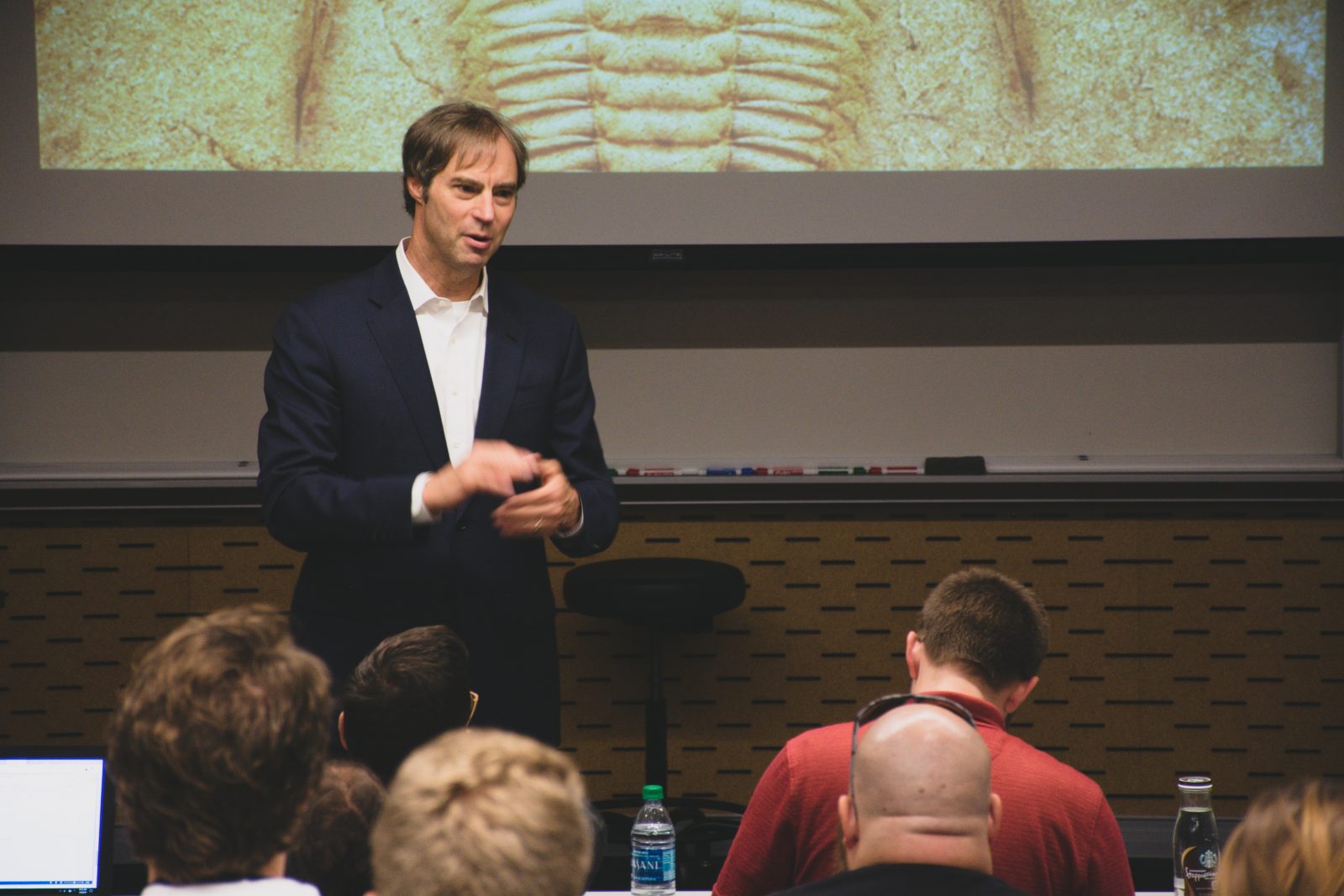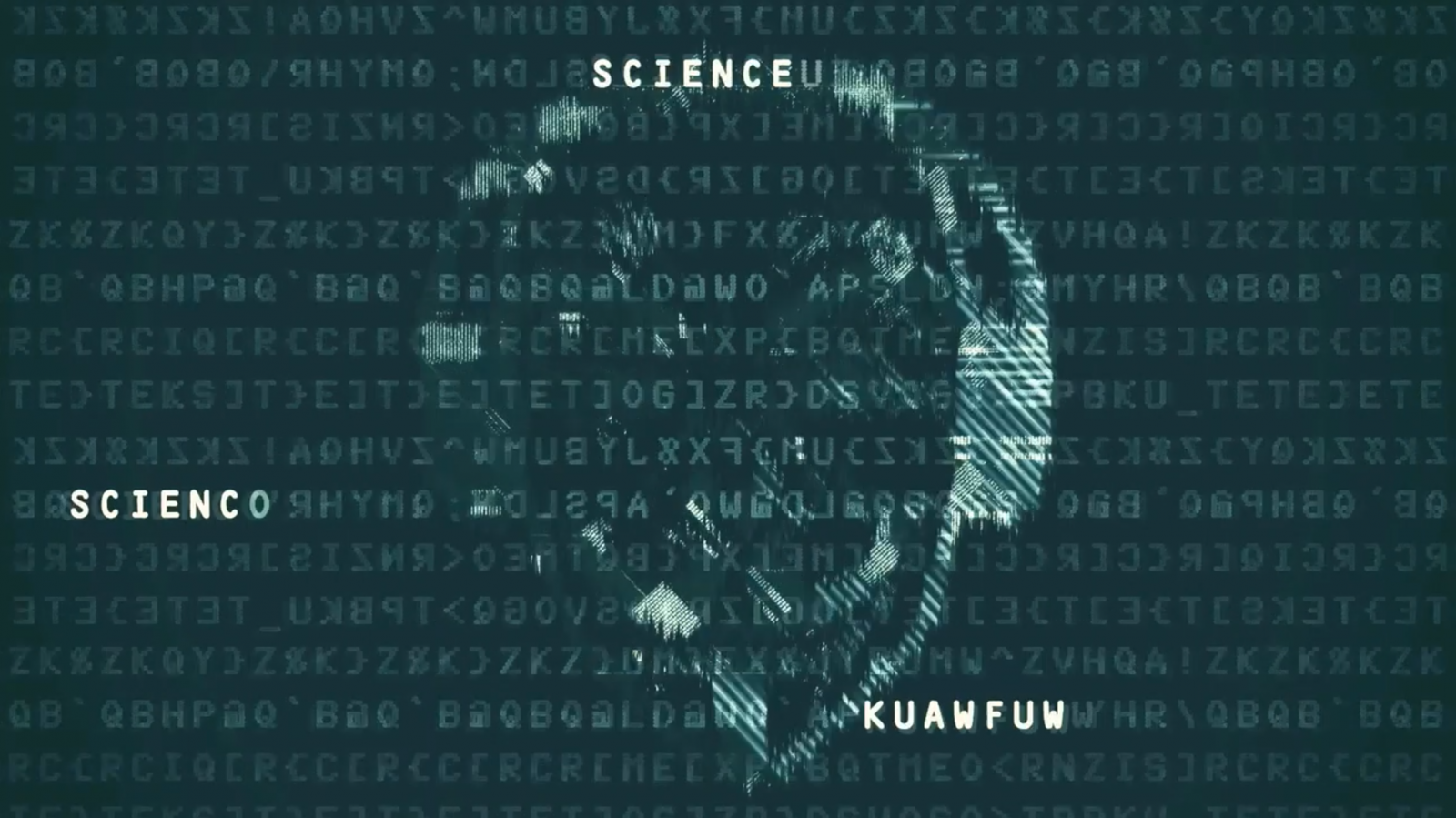
Ann Gauger on Emerging Clues to Life’s Design
On this episode of ID the Future, Andrew McDiarmid shares biologist Ann Gauger’s recent article on emerging clues to life’s design, and how the “Darwinian Regime” tends to ignore them. One stubborn bit of biological evidence Gauger highlights is the fact that cells can’t make life-essential ATP, NAD, and other metabolic co-factors without having ATP, NAD, and the other co-factors there first. It’s a “daisy chain of causal circularity woven by what must be an intelligent designer,” Gauger comments. Or as she also puts it, “It’s chickens and eggs, all the way down.”








